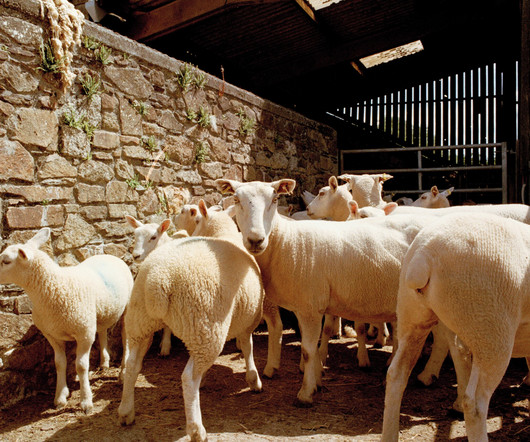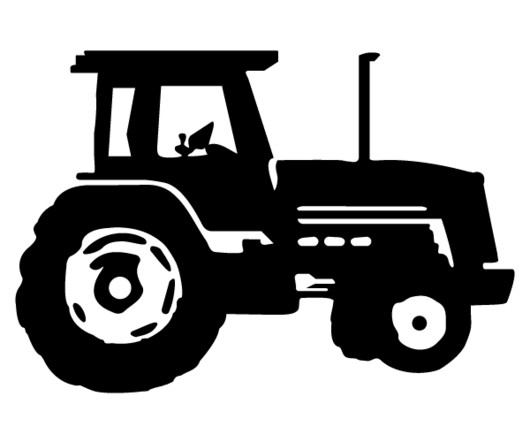Cotton and Wool Producers Invited to Apply to Climate Beneficial Fiber Program
ATTRA
NOVEMBER 13, 2023
Over the next five years, the program hopes to sign up 100 agricultural operations and impact two million acres of land. At least 40 percent of all program benefits will go to small and underserved farmers, and a special initiative is encouraging Black farmers in southern states to grow climate-smart cotton.













Let's personalize your content